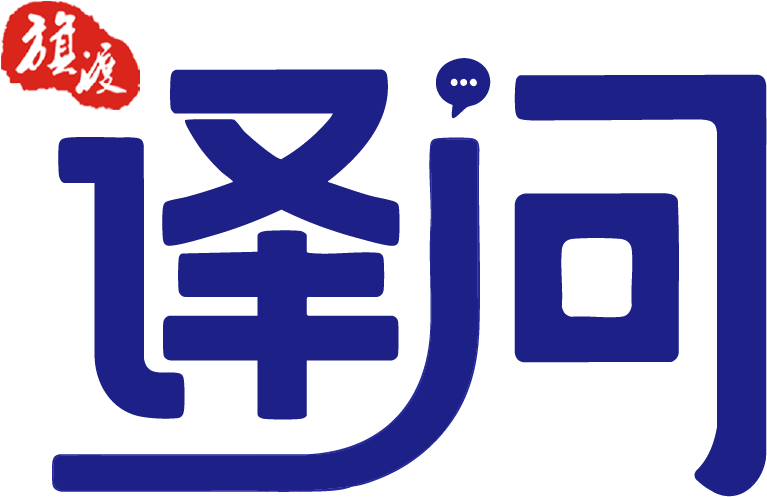“有权”既可以表示“有权力”(power),也可以表示“有权利”(right),二者不可混淆,如“有职有权”:hold both the post and the power;“无权干涉”:have no right to interfere。“有权”的具体所指,应根据句子的上下文确定。“有权(利)”对应的英语有have the right to do something和be entitled to something or to do something,如:
1、任何一方均无权单方面更改合同。
None of the parties shall have the right to modify the contract unilaterally.
2、外资企业有权享受与国内企业同等的待遇。
Foreign investment enterprises shall be entitled to the same treatment accorded to domestic enterprises.
3、审计师有权看这些文件。
The auditor is entitled to see the documents.
have the right to do 与 be entiyled to do 基本同义,惟后者往往含“有资格”的意思,如上面第二个例子中的“有权”(享受)。下面句子里的be entitled to 明显有这个意思:
A person who has never worked is not entieled to unemployment benefit.
从未参加过工作的人,没有资格领取失业救济金。
以上解释摘抄自孙万彪的《汉英法律翻译教程》

